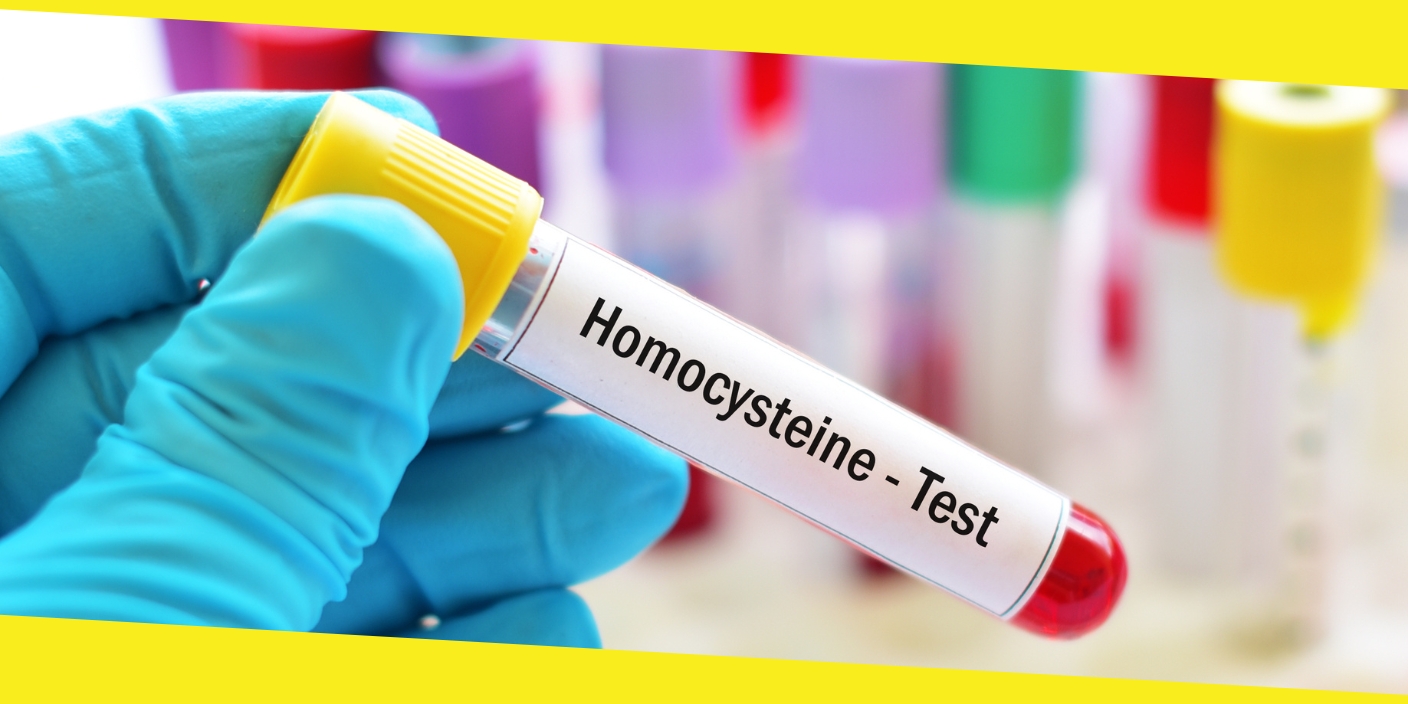The Importance of Homocysteine Testing for Early Detection of Cardiovascular Diseases
This post was last updated on March 8th, 2023

Cardiovascular diseases (CVD) are a leading cause of death worldwide. According to the World Health Organization, an estimated 17.9 million people die yearly due to Cardiovascular Diseases. Research conducted on the general population has indicated that increased levels of homocysteine are linked to cardiovascular morbidity and mortality. To reduce the burden of Cardiovascular Diseases, early detection and intervention are crucial. One way to detect the risk of Cardiovascular Diseases is through a homocysteine test. The homocysteine test cost can vary depending on several factors, including the healthcare provider, the location, and the type of test used. The average price range for the test varies between Rs. 650 to Rs. 2500, depending on factors such as the location, quality, and availability.
Contents
ToggleImportance of Homocysteine Test in Early Detection of Cardiovascular Diseases
Homocysteine test can aid in the early detection of cardiovascular diseases by measuring the levels of homocysteine in the blood. Elevated levels of homocysteine in the blood have been associated with an increased risk of heart disease, stroke, and other vascular conditions. By detecting high levels of homocysteine early on, healthcare professionals can intervene with lifestyle changes and/or supplements to lower the levels of homocysteine, potentially reducing the risk of developing cardiovascular disease. Individuals with a family history of heart disease, high blood pressure, high cholesterol, or other risk factors may benefit. Additionally, individuals who have experienced chest pain, shortness of breath, or fatigue may benefit from homocysteine testing to rule out or detect potential cardiovascular issues.
Reasons for High Homocysteine Levels
Various factors, including genetics, diet, lifestyle, and underlying medical conditions, can cause high homocysteine levels. Some of the most common reasons for high homocysteine levels include:
- Genetics: Some individuals may have inherited genetic mutations that impair the body’s ability to metabolize homocysteine.
- Nutritional deficiencies: Low levels of vitamins B6, B12, and folate can contribute to high homocysteine levels.
- Lifestyle factors: Smoking, excessive alcohol consumption, and a sedentary lifestyle can all increase homocysteine levels.
- Medical conditions: Certain conditions, such as kidney disease, hypothyroidism, and psoriasis, can contribute to elevated homocysteine levels.
Homocysteine Lowering Reduces The Risk of Cardiovascular Diseases
Homocysteine lowering has been studied as a potential strategy for reducing the risk of cardiovascular disease. Several studies suggest that homocysteine-lowering interventions may be particularly effective in individuals with pre-existing cardiovascular disease or at high risk of developing cardiovascular disease.
Managing High Homocysteine Levels To Prevent Cardiovascular Diseases
If you have high homocysteine levels, there are several steps you can take to manage them and reduce your risk of cardiovascular disease (CVD). Here are some strategies that may help:
- Eat a healthy diet: A diet rich in fruits, vegetables, whole grains, and lean proteins can help to reduce homocysteine levels. Avoiding processed foods and limiting saturated and trans fats can also be beneficial.
- Supplement with B vitamins: Taking vitamin B supplements, including B6, B12, and folic acid, can help to lower homocysteine levels. Consult with your healthcare provider before starting any new supplements.
- Manage medical conditions: If you have an underlying medical condition, such as kidney disease or hypothyroidism, managing that condition is important to reduce homocysteine levels.
- Get regular check-ups: Regular monitoring and testing of homocysteine levels and other cardiovascular risk factors such as blood pressure and cholesterol can help identify potential problems early and allow for timely intervention.
Early detection and intervention, along with healthy lifestyle habits and staying informed about your risk factors, are vital in mitigating the impact of cardiovascular diseases. If you have concerns about your cardiovascular health or are at high risk for developing cardiovascular disease, consider talking to your healthcare provider about getting a test done. Take care of your heart health by adopting healthy lifestyle habits and staying informed about your risk factors for a longer, healthier life.
Recommended For You
Top 10 Natural Ways To Prevent Diabetes
Most Inside
Most Inside offers high-quality recommendations and valuable updates to enhance all aspects of your life, providing premium guidance and enriching experiences.




